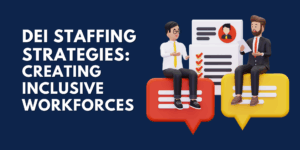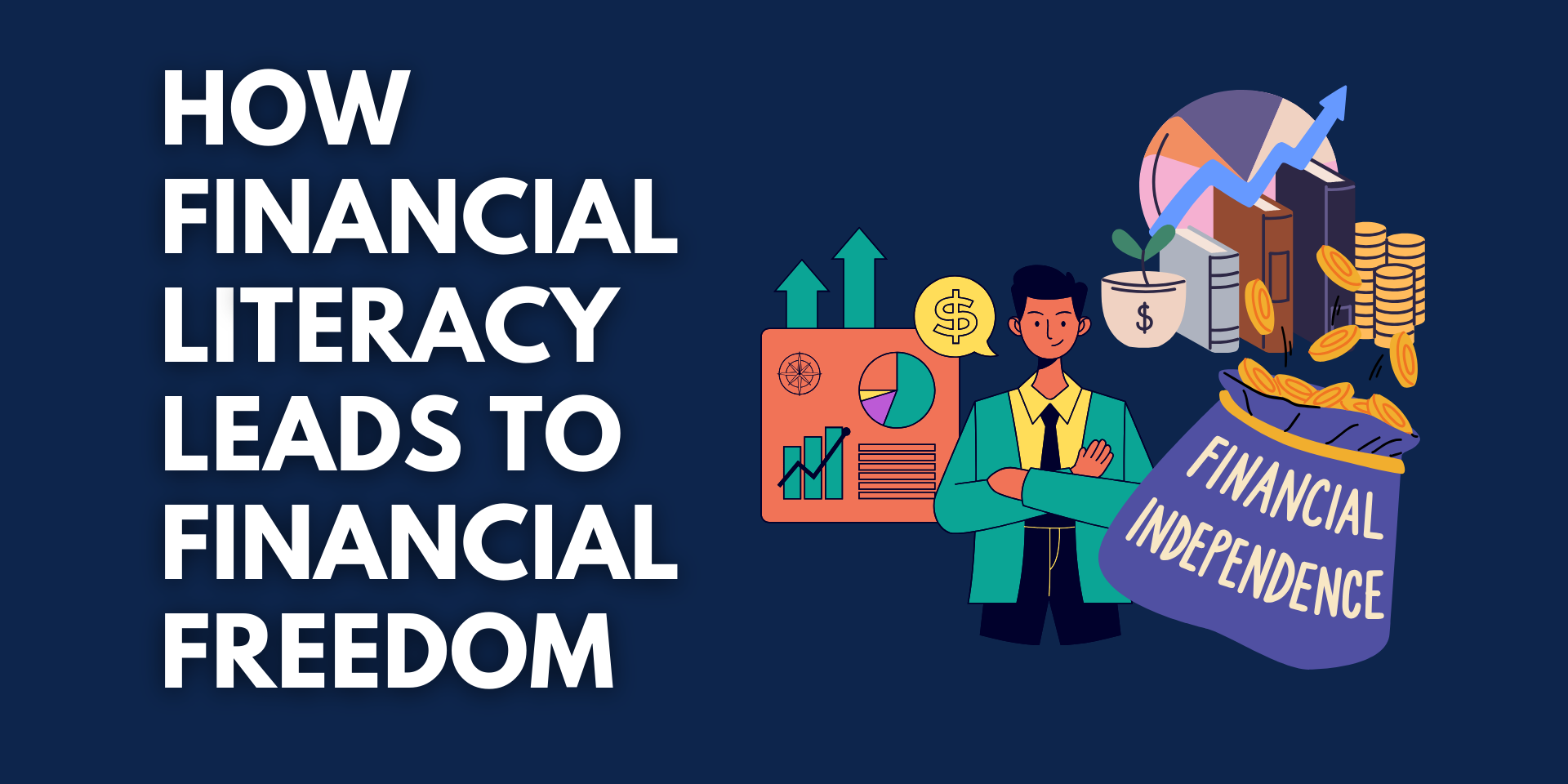One of the keys to personal development in the complex world of today is financial literacy. It serves as the foundation on which individuals can build stable financial expectations, make sound monetary decisions, and dive into the intricate world of cash management. Surprisingly, despite its importance, many people still lack the fundamental knowledge required to properly manage their finances.
An array of skills and knowledge are covered by money-related education, including but not limited to managing financial responsibilities and obligations, budgeting, saving, and understanding financial goods and services. It is more than just learning how to balance a checkbook or figuring out interest rates; it involves having the confidence and capacity to make wise financial decisions that align with one’s values and goals.

Financial illiteracy can have significant negative effects. People who are not financially literate are more likely to be in debt, live paycheck to paycheck, and be in unstable financial situations. They could be taken advantage of by dishonest lenders, accrue debt with outrageous interest rates, or miss out on chances to increase their wealth through wise investment choices.
Moreover, financial illiteracy does not only impact one person; it has an impact on families, communities, and society as a whole.
The good news is that financial literacy is something you can learn. Individuals who invest in financial education and resources might get the knowledge and confidence they need to take charge of their finances. This education can take numerous forms, such as workshops, online courses, seminars, and one-on-one counseling. In the current digital world, technology plays a critical role in promoting financial literacy. Mobile apps, internet resources, and financial management tools have made it easier than ever for people to keep track of their spending, set savings goals, and make investments. Furthermore, including financial literacy in school curricula can help students acquire healthy financial habits at a young age.

Financial literacy is really about empowerment and freedom. It is about providing individuals with the resources they require to achieve their financial objectives and goals and build a better future for themselves and their families. Individuals may lay a strong foundation for financial well-being and stability by learning about budgeting, saving, and investing ideas.
In the end, developing a financial literacy culture calls for teamwork. Promoting financial education and awareness is a responsibility shared by businesses, financial institutions, governments, and educational institutions. Together, we can make financial literacy programs a top priority and enable people to make wise financial decisions, accumulate wealth, and safeguard their futures.
Being financially literate is not just math. The aim is to give people the information, abilities, and power they need to successfully navigate the complexity of today’s financial world. By providing resources and financial education, we can enable people to take charge of their finances, make more money, and realize their financial goals.






